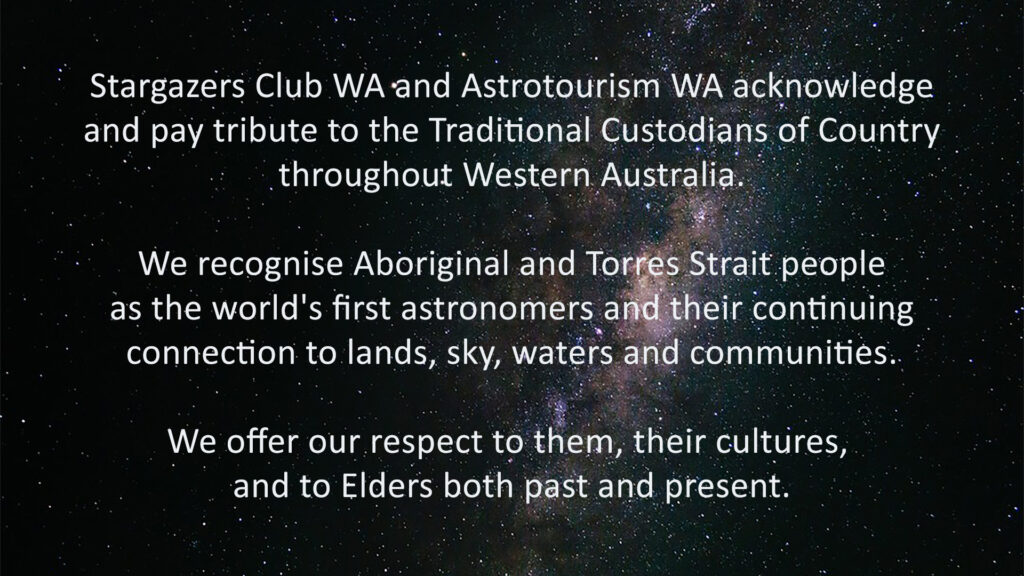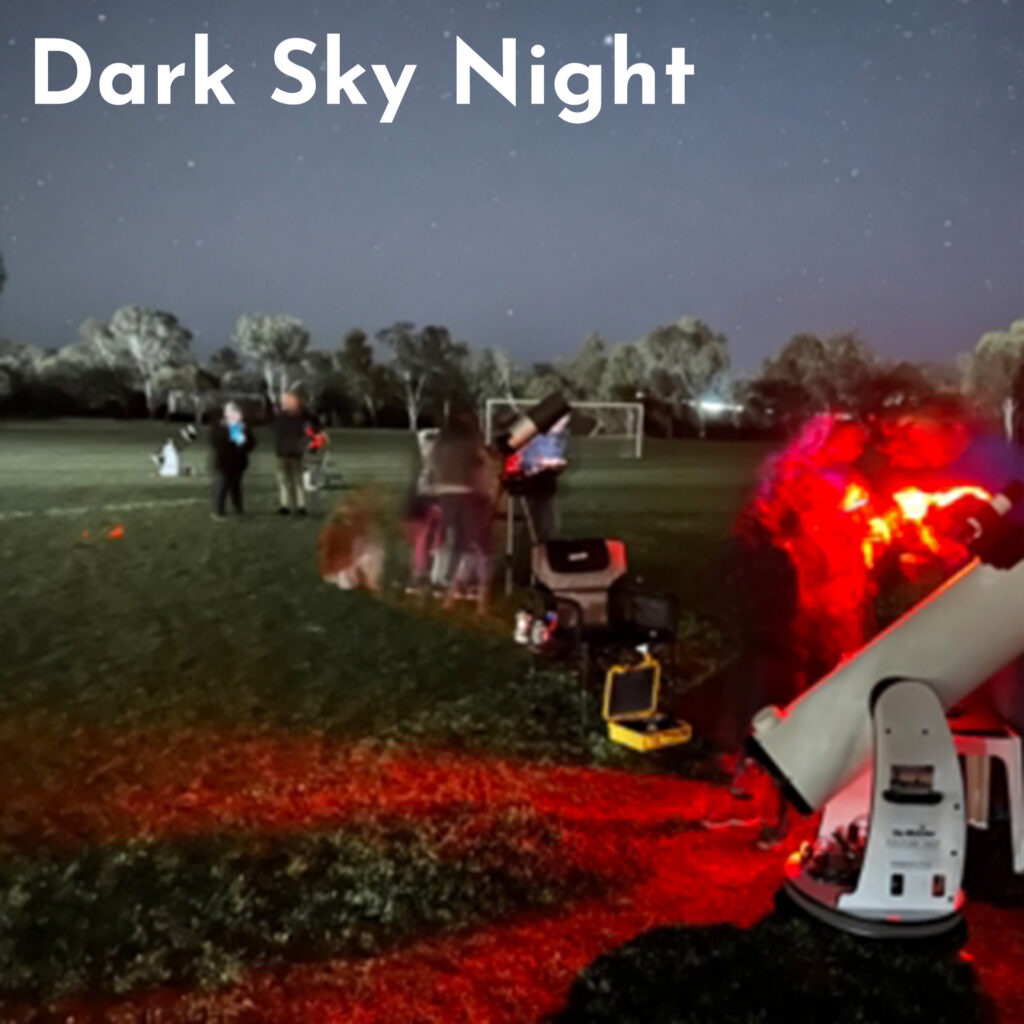National Science Week is like Christmas come early for us, especially when 2025’s theme is Decoding the Universe – Exploring the unknown with nature’s hidden language.
We’re thrilled by the many astronomy and space-related events happening across WA this year and want to share a few highlights. Read on and check out who’s decoding the universe and how this year.
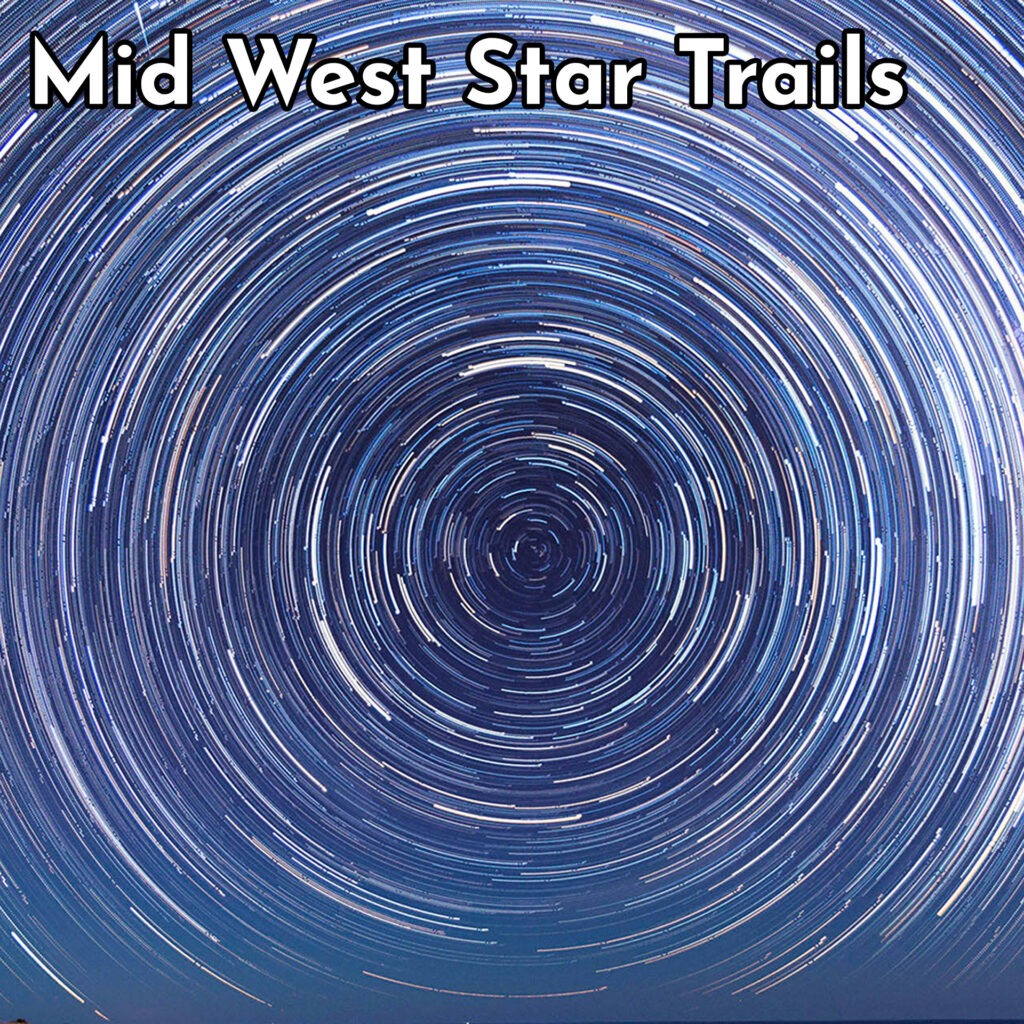
The legendary outreach team from the International Centre for Radio Astronomy Research (ICRAR) are hosting free stargazing evenings this National Science Week across WA’s Mid West.
Starting with Morawa on 6 August, the team will visit Yalgoo on 9 August, Cue on 10 August, and finally Mount Magnet on 11 August.
As well as viewing the Moon, and Mars, they’ll have astronomers giving guided tours of the night sky, taking in deep space objects like the Jewel Box Cluster. As if that’s not enough, Dr Ruby Wright will give a talk about the future collision between the Milky Way and our nearest galactic neighbour, Andromeda.
These events are open for anyone and everyone, but an RSVP is essential.
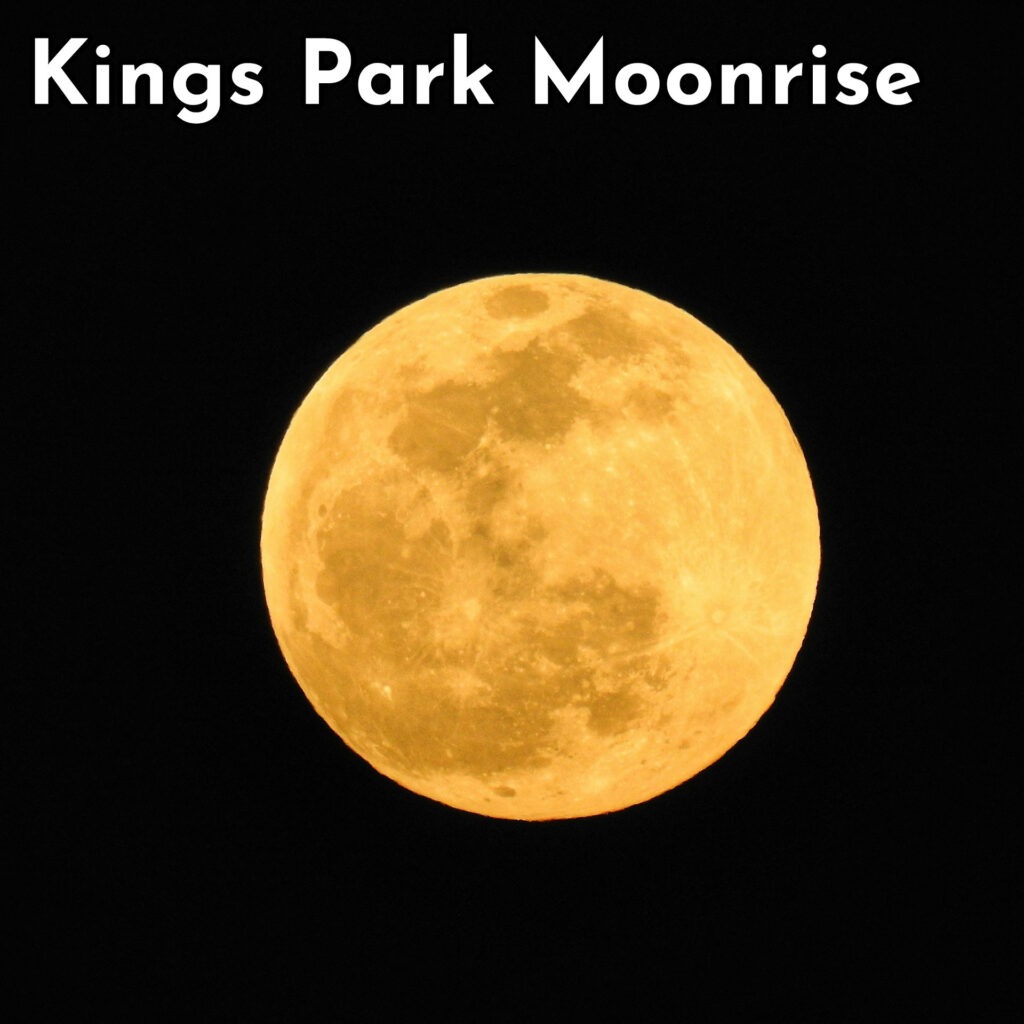
Come watch the full moon rise over the city, glowing large and bright, from Kings Park.
Star Tracks Astro Events are setting up their telescopes from the perfect vantage point to give you a close-up look at our lunar neighbour. Peer through telescopes at the Moon’s features and highlights, including craters, mountains, and astronaut landing sites.
Star Tracks’ astro guides will talk about various regions on the Moon, use their green laser pointers to take you on a tour of the night sky, including Jupiter, Mars, and the brightest constellations, answering all your space questions. Find out more here and book your spot for National Science Week.
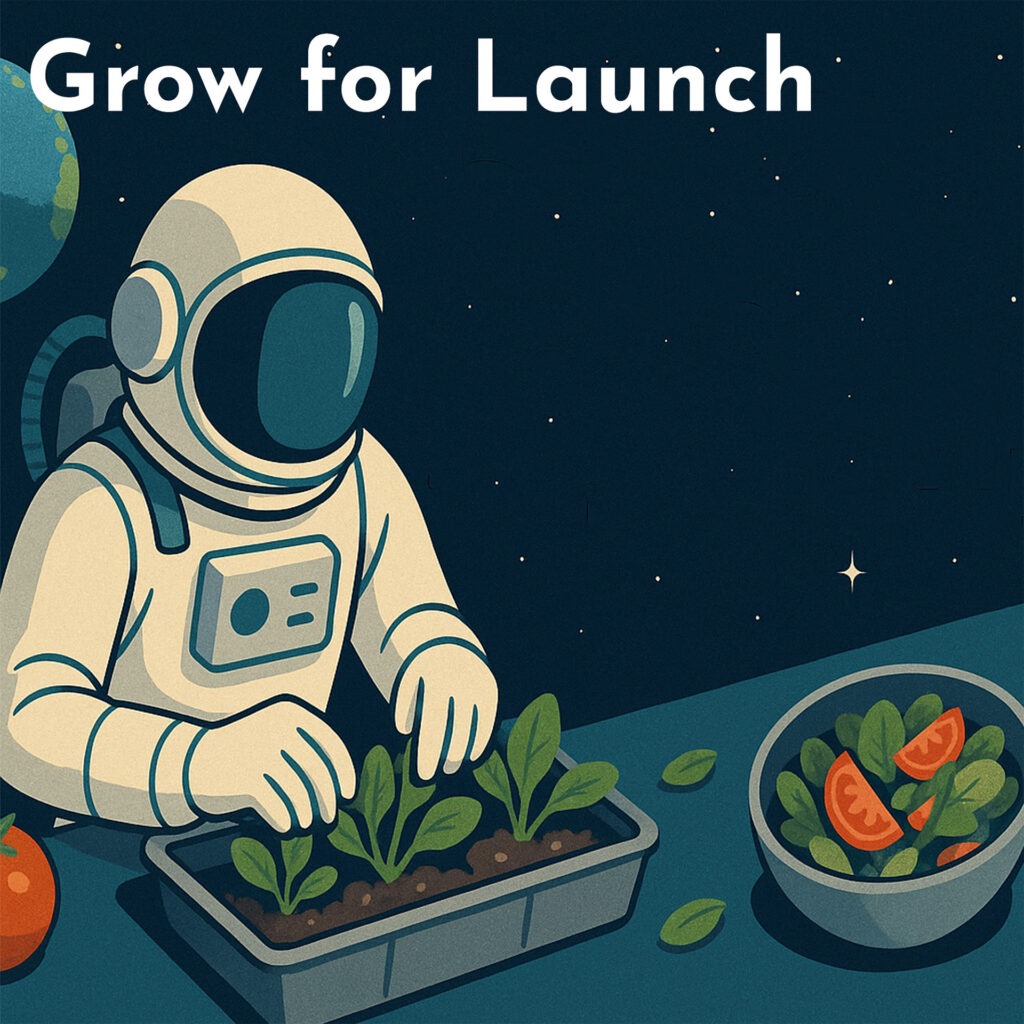
Get growing at King’s Park this National Science Week. The Plants for Space team brings Primary School students their unforgettable Grow for Launch adventure.
This dynamic, hands-on STEM experience blends space exploration with science, sustainability, and culinary creativity. Participants will explore growing food crops for astronauts, creating plant-based medicines, designing zero-waste food crops for space, and much more.
Groups can chose between three tailored options:
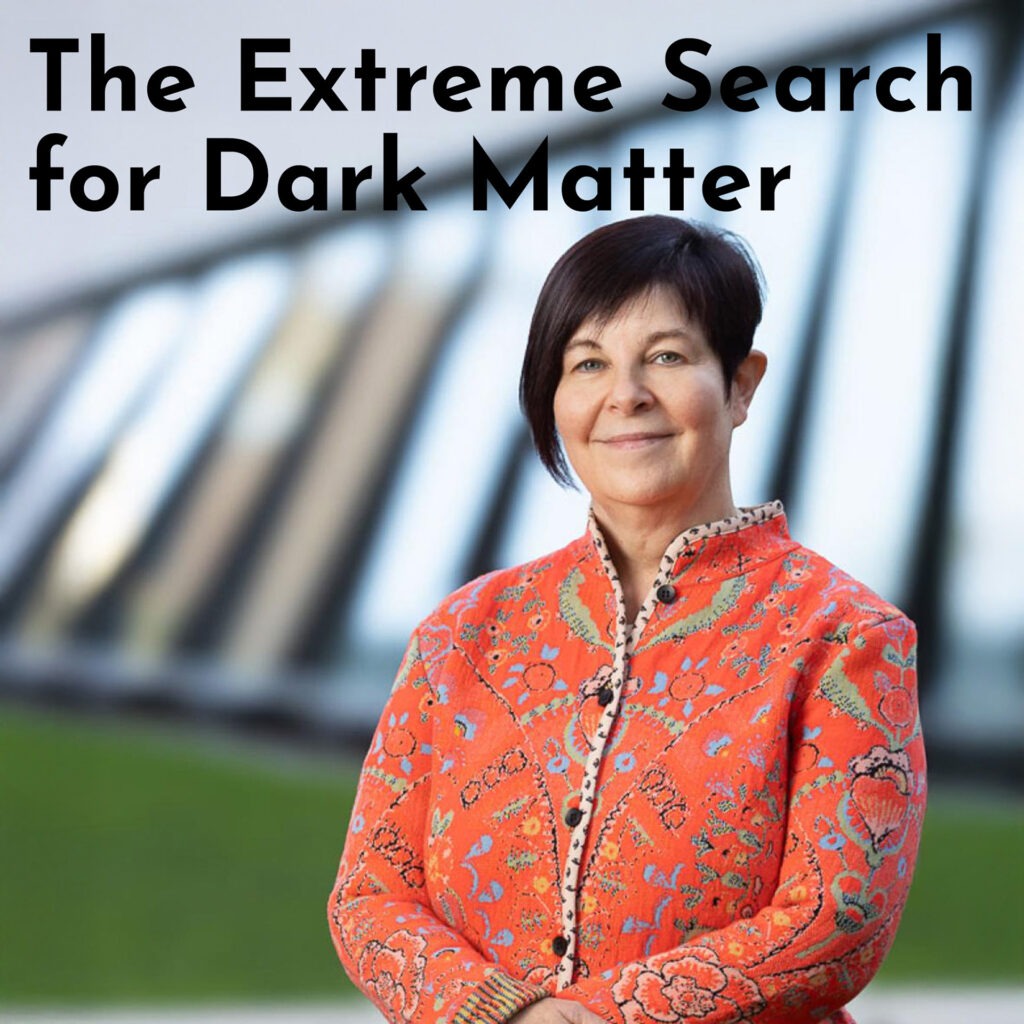
Professor Elisabetta Barberio presents a public talk for National Science Week on the underground scientific work that’s unlocking the mysteries of the universe.
Professor Barberio is the director of the ARC Centre of Excellence for Dark Matter Particle Physics and will share the work being done by scientists to find answers about the cosmos and the mysterious invisible substances called dark matter and dark energy.
A kilometre underground in regional Victoria, the Stawell Underground Physics Laboratory is hunting for interactions between dark matter and ordinary matter. Hear Professor Barberio share with the Museum of the Goldfields in Kalgoorlie how researchers are exploring the unknown. Find out more and book here.
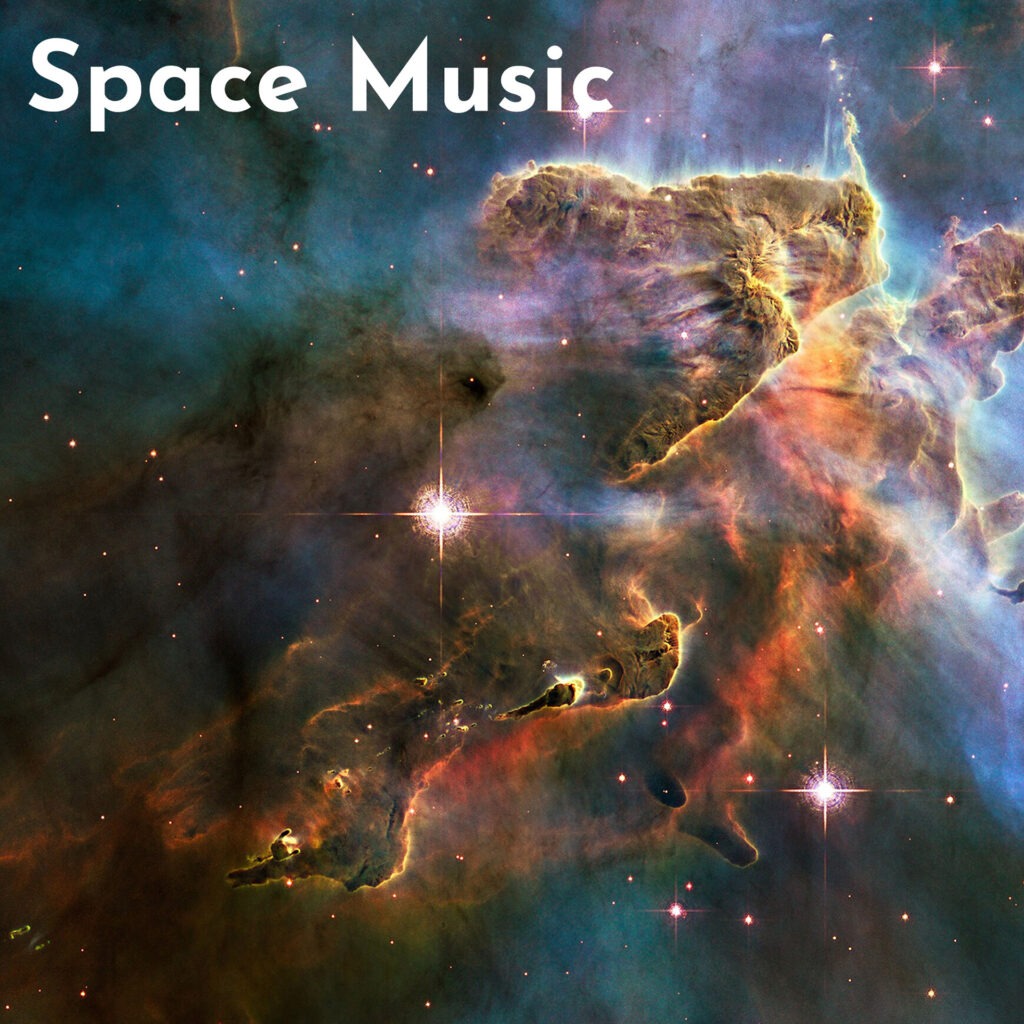
Australian Baroque presents a night of stunning NASA imagery and film accompanied by music. Join Dr Antony Brian, a former NASA astrophysicist and planetary geologist, as he presents this musical performance.
Astronomy and music have been deeply connected for thousands of years, since the philosopher Pythagoras suggested that the planets move according to mathematical ratios and produce an inaudible musical symphony.
This National Science Week, Dr Brian and Australian Baroque will take you on a multi-sensory journey through space and time. Find out more about Space Music here.
Join Stargazers Club WA members for a fun, social night out under the dark sky in Lower Chittering. Whether you’re just starting out or a seasoned stargazer, everyone’s welcome. Our friendly team will be there to help you set up your telescope and get the most out of your gear.
With a focus on using your telescope for stargazing and engaging with other club members, the night begins just before sunset to set up telescopes.
Join us on the night and meet our friendly community of astronomy enthusiasts.

Jay Chesters
Jay Chesters is a wordsmith with a little bit of a thing for the stars. As a cosmic storyteller with a love for astronomy and space that's out of this world, Jay’s always eager to share his knowledge and passions.
Have questions about space?
Join our Stargazing and Astronomy in Western Australia Facebook group and share your questions. There you’ll find help and, hopefully, answers.
